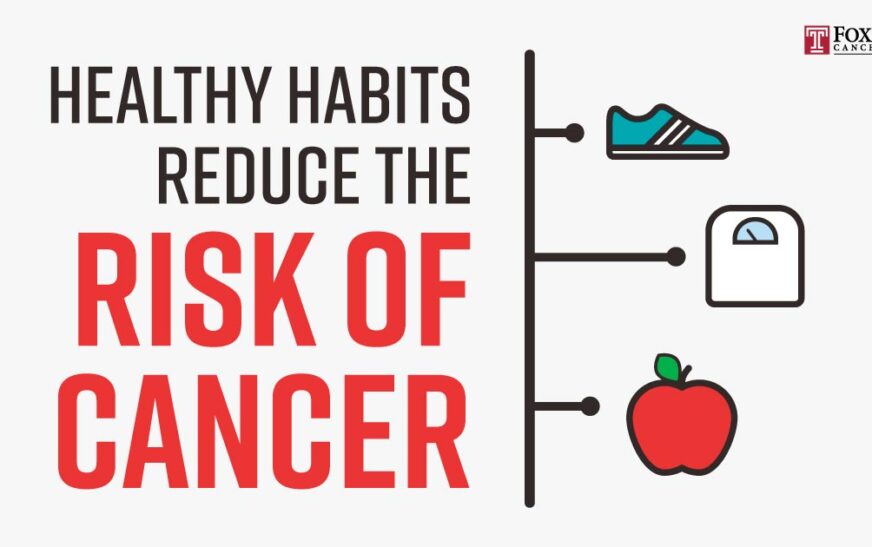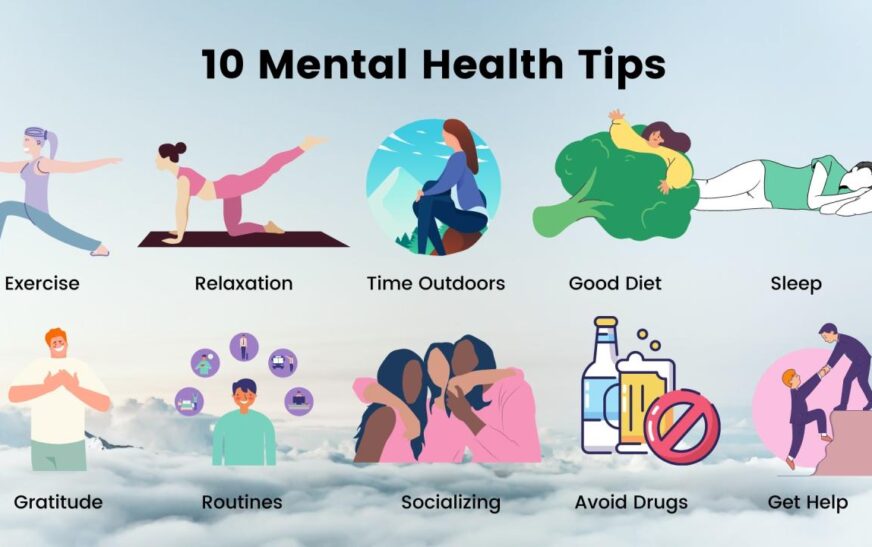Kicking off with Gut Health Tips for 2024, this guide delves into the importance of gut health and how it impacts overall well-being, exploring dietary changes, lifestyle factors, and future trends that can revolutionize gut health practices.
Importance of Gut Health: Gut Health Tips For 2024

Gut health plays a crucial role in our overall well-being, impacting various aspects of our health and functioning. The gut is home to trillions of bacteria, both good and bad, that play a vital role in digestion, nutrient absorption, immune function, and even mental health.
Impact of Poor Gut Health, Gut Health Tips for 2024
Poor gut health can have a significant impact on the body, leading to various health issues and symptoms. Some examples include:
- Digestive problems such as bloating, gas, and constipation
- Weakened immune system, making individuals more prone to infections
- Inflammation in the body, contributing to chronic diseases like diabetes and heart disease
- Skin conditions such as acne and eczema
Link Between Gut Health and Mental Health
Research has shown a strong connection between gut health and mental health, often referred to as the gut-brain axis. The gut and brain communicate through various pathways, including the nervous system, hormones, and the immune system. An imbalance in gut bacteria can lead to mental health issues such as anxiety, depression, and even cognitive decline.
Tips for Improving Gut Health
Maintaining a healthy gut is essential for overall well-being. Here are some tips to improve gut health:
Dietary Changes for a Healthy Gut
Making dietary changes can significantly impact the health of your gut. Include a variety of fruits, vegetables, whole grains, and lean proteins in your diet. Avoid processed foods high in sugar and unhealthy fats. Fiber-rich foods like legumes, nuts, seeds, and whole grains can help promote a healthy gut microbiome.
Role of Probiotics and Prebiotics
Probiotics are beneficial bacteria that can help restore balance in the gut microbiome. Foods like yogurt, kefir, sauerkraut, and kimchi are rich in probiotics. Prebiotics, on the other hand, are non-digestible fibers that serve as food for probiotics. Including prebiotic-rich foods like bananas, onions, garlic, and asparagus can support the growth of beneficial bacteria in the gut.
Stress Management for Gut Health
Stress can negatively impact gut health by disrupting the balance of bacteria in the gut. Practice stress-reducing techniques like meditation, yoga, deep breathing exercises, or mindfulness to help manage stress levels. Getting an adequate amount of sleep and regular physical activity can also contribute to a healthier gut.
Lifestyle Factors Affecting Gut Health
Regular exercise, proper hydration, and quality sleep are crucial lifestyle factors that can significantly impact gut health. Let’s delve into how each of these factors plays a role in maintaining a healthy gut.
Impact of Exercise on Gut Health
Regular physical activity not only benefits your overall health but also has a positive impact on gut health. Exercise helps stimulate the muscles in your digestive system, promoting better digestion and nutrient absorption. Additionally, engaging in physical activity can help reduce inflammation in the gut and improve the diversity of beneficial bacteria. Aim for at least 30 minutes of moderate exercise most days of the week to support a healthy gut.
Importance of Staying Hydrated for a Healthy Gut
Proper hydration is essential for maintaining a healthy gut. Water helps transport nutrients, flush out toxins, and support the mucosal lining of the digestive tract. Dehydration can lead to constipation and hinder the proper functioning of the digestive system. Aim to drink at least 8-10 glasses of water per day and include hydrating foods like fruits and vegetables in your diet to support a healthy gut.
Tips for Getting Quality Sleep to Support Gut Health
Quality sleep is crucial for overall health, including gut health. During sleep, the body undergoes repair and restoration processes, including the repair of the gut lining. Lack of sleep can disrupt the balance of gut bacteria and increase inflammation in the digestive system. To promote quality sleep, establish a consistent sleep schedule, create a relaxing bedtime routine, and ensure your sleep environment is conducive to rest. Limiting caffeine and electronic device use before bed can also help improve sleep quality and support a healthy gut.
Future Trends in Gut Health
The future of gut health is an exciting area of research that is constantly evolving. As we look ahead to 2024, there are several key trends that are shaping the landscape of gut health practices. From emerging research on the gut-brain axis to advancements in personalized nutrition, the future holds great promise for improving gut health and overall well-being.
Emerging Research on the Gut-Brain Axis
In recent years, there has been a growing body of research highlighting the intricate connection between the gut and the brain, known as the gut-brain axis. This bidirectional communication system plays a crucial role in regulating various bodily functions, including digestion, mood, and even cognitive function. Scientists are delving deeper into understanding how the gut microbiota influences brain health and mental well-being. The emerging research in this field is paving the way for innovative approaches to managing conditions such as anxiety, depression, and neurodegenerative diseases.
Technologies and Innovations Shaping Gut Health
Advancements in technology are also revolutionizing the way we approach gut health. From microbiome testing kits that provide personalized insights into one’s gut microbiota composition to innovative probiotics and prebiotics formulations tailored to individual needs, new technologies are expanding the toolkit for optimizing gut health. Additionally, cutting-edge research in areas such as fecal microbiota transplantation (FMT) and gut-targeted drug delivery systems are opening up new possibilities for treating gut-related disorders and enhancing overall gut function.
Personalized Nutrition and Gut Health Practices
Personalized nutrition is set to play a significant role in shaping gut health practices in 2024 and beyond. With advances in technologies like genetic testing and artificial intelligence, individuals can receive personalized dietary recommendations based on their unique genetic makeup, gut microbiome profile, and health goals. By tailoring nutrition plans to meet individual needs, personalized nutrition has the potential to optimize gut health, improve digestion, and support overall wellness. As personalized nutrition continues to gain traction, we can expect to see a shift towards more targeted and effective approaches to promoting gut health in the years to come.
Ultimate Conclusion
As we wrap up our discussion on Gut Health Tips for 2024, remember that taking care of your gut is not just about digestion—it’s about nurturing your body and mind for optimal health and vitality. Implement these tips and stay tuned for the exciting advancements in gut health on the horizon.
Key Questions Answered
How does gut health impact mental health?
Gut health plays a crucial role in mental health as the gut-brain axis influences mood, cognition, and behavior.
What are some emerging technologies shaping the future of gut health?
Technologies like microbiome testing kits and personalized nutrition apps are revolutionizing gut health management.
Can exercise improve gut health?
Regular exercise can enhance gut microbial diversity and promote a healthy gut environment.







